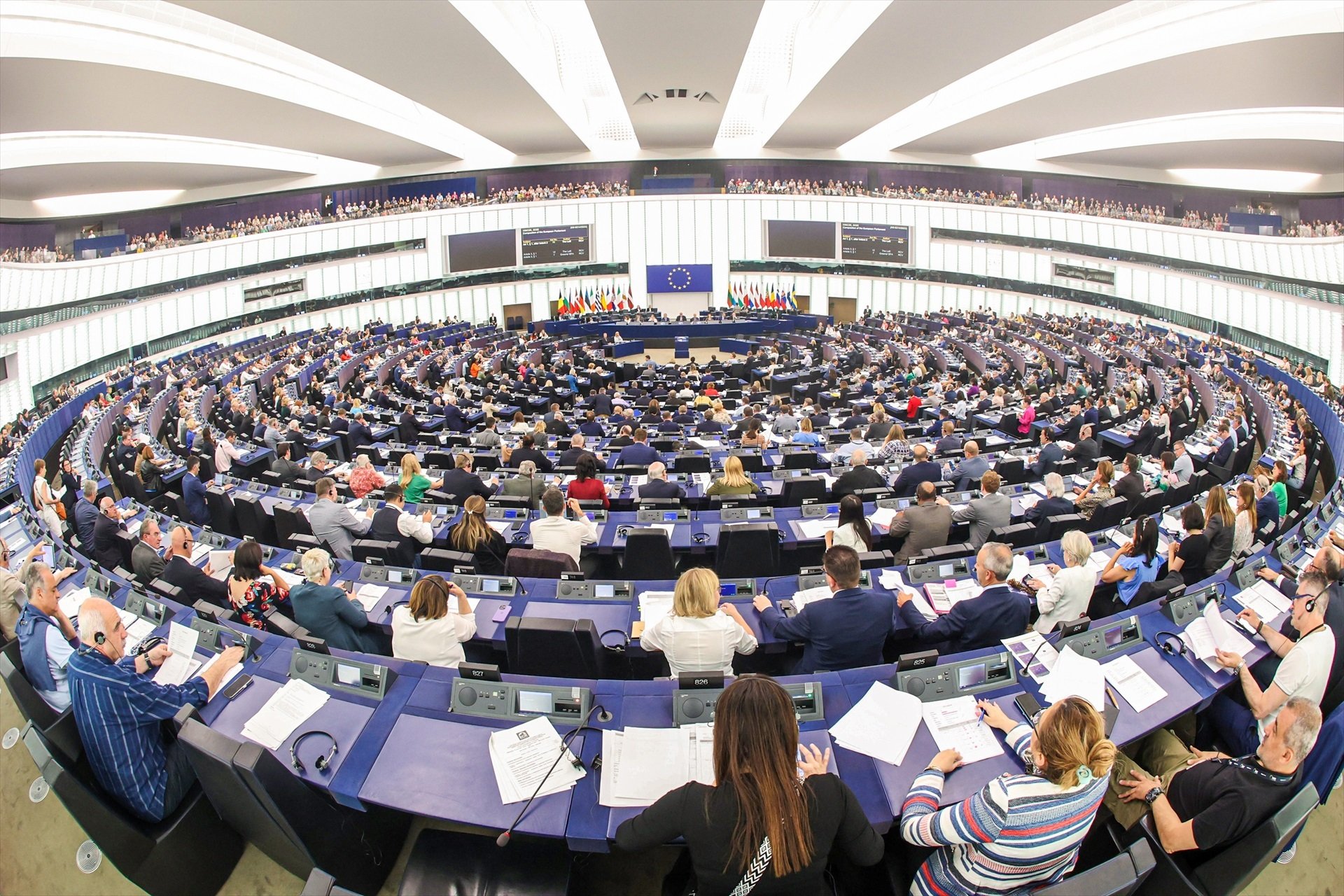The Spanish government has offered to cover the costs involved in incorporating Catalan, Basque and Galician as official languages in the European Union, given the reluctance of several member states to support the measure. The initiative over the three languages, put on the table by the Spanish government at the request of Catalan pro-independence leaders as a condition to support a hypothetical investiture of Pedro Sánchez as prime minister, has generated "doubts" in several member states, such as Sweden or Finland, which have this week openly expressed their concern that introducing these languages into the use of the EU could slow down work or create a "budgetary impact" that they would not be willing to assume without further study. They have also highlighted that there are numerous minoritized languages in the 27 states of the EU, so they are uncertain about a possible "snowball" effect that the officialization of minority languages in the Spanish state could have across the rest of Europe.
In this regard, the countries of the European Union have asked Spain this Friday for an opinion from the legal services of the Council as well as demanding more time to study the economic and political impact of the recognition of Catalan, Galician and Basque as official languages of the European Union. This position reduces the likelihood of a deal next Tuesday when ministers discuss the matter in Brussels. In an ambassadorial debate to prepare for Tuesday's meeting, a clear majority of countries expressed their support for multilingualism as a bridge to connect with citizens and showed understanding towards Spain's interests, but they also raised many "doubts" regarding the impact of the measure both on the functioning of the EU and on the community coffers, according to European sources.
Others don't share Sánchez's "sense of urgency"
It was Pedro Sánchez's acting Spanish government, which holds the rotating presidency of the Council of the EU, that included as part of the agenda to be discussed by European ministers on Tuesday, an exchange of views on modifying the regulation on official languages, with the intention of submitting the matter to a vote by the 27 on that same day. However, several diplomats consulted assert that no one shares the same "sense of urgency" as Spain is conveying to its partners, since the other member states see it as premature to make any kind of decision on issues for which the Spanish government has not yet presented details - for example, the estimated cost of adding these three Iberian languages to the 24 already recognized in the EU or how it plans to cover the number of translators and interpreters that would be needed.
Fear of a "snowball" effect across Europe
Also holding back the options for agreement is the fear among some delegations of the legal compatibility in the EU Treaties, although Spain argues that the officiality of these languages is recognized by its Constitution and presents as evidence in support of the move its own introduction of the use of these languages into the Spanish Congress. A further concern, however, is the possible "domino effect" that could be unleashed in other member states if the door were opened to officializing all minority languages. Some member states are concerned that opening this debate may spark similar claims in other parts of the continent, as a senior official of a member state told the Europa Press agency.
Thus, the European states are requesting a legal opinion from the Council and detailed impact assessments on the financial and administrative aspects if the regulation were to be changed, which will make it difficult for a decision to be taken on Tuesday. These are documents that require time to prepare and several delegations have made it clear that they want all of this to be examined and discussed "in detail at the technical level", that is to say, in working groups in which longer term issues can be considered, and they thus consider that "it is too early to make a decision".
Reluctance of several member states
On Wednesday this week, Sweden was the first government to publicly admit its reservations when it asked to be informed "in greater depth" about "the legal and financial consequences of the proposal" and this Friday it was Finland that argued that the use of Catalan, Basque and Galician in the EU could slow down decision-making at the level of the continental body and thus delay the entry into force of future regulations. For countries like Belgium or the Netherlands it is complicated to make a decision without having on the table impact assessments or details on how to "articulate" the entry of three new languages and a reflection on the way in which this will affect the functioning of the Union. Meanwhile, in other countries such as France, the recognition of additional languages is a delicate matter and the reservations go beyond technical concerns. So far, no member state has taken a position against the Spanish proposal and some have been receptive from the first moment, but the decision requires unanimous support and there are several who are asking that the process be studied more cautiously.

